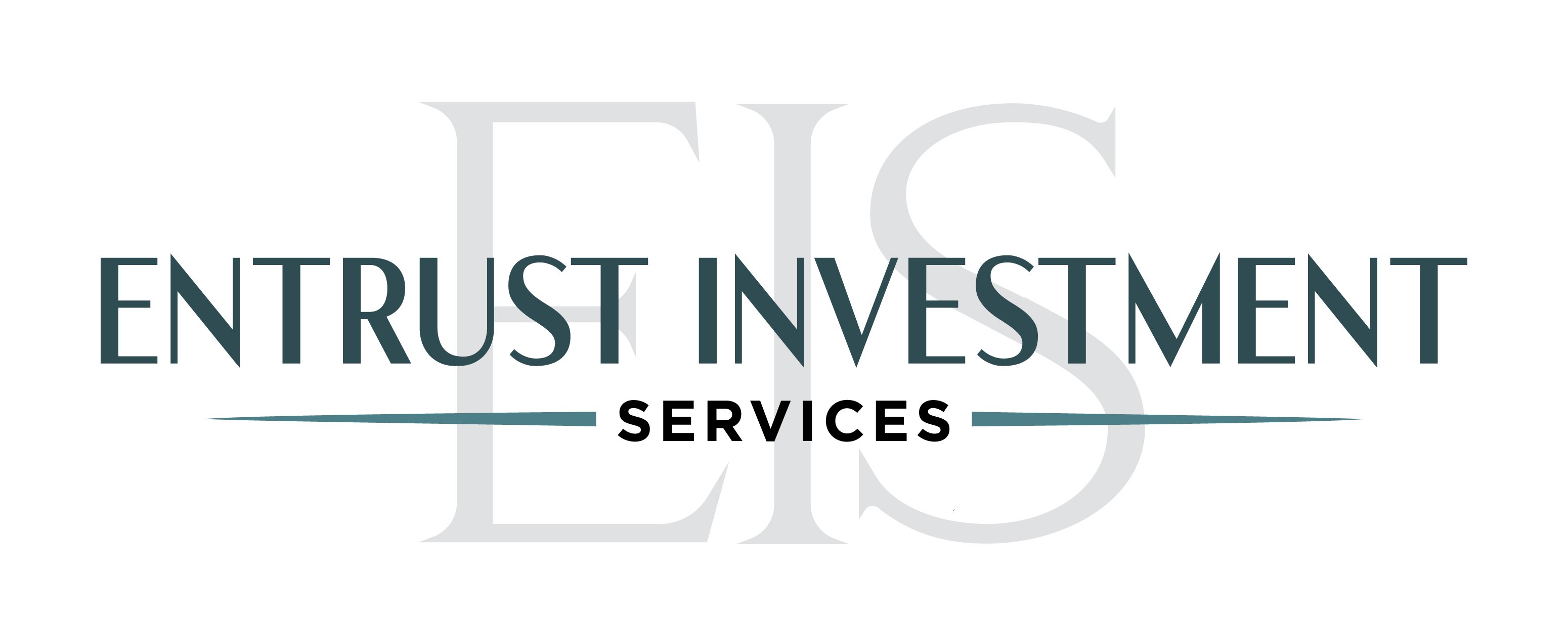Ensuring a comfortable and enjoyable retirement often requires careful planning and foresight. A pivotal element of this planning process is the establishment of a retirement income goal, a financial compass guiding you through your golden years.
Why is Setting a Retirement Goal Important?
At first glance, setting a retirement income goal might seem like a number-based exercise. However, it's much more than that. By having a concrete figure in mind, retirees can navigate the intricate web of tax planning, decisions regarding Social Security, pension considerations, and investment choices. This goal serves as an anchor, assisting retirees in determining whether bonds, annuities, CDs, or other fixed or guaranteed income sources align with their retirement vision.
Shifting the Focus from Saving to Spending
Historically, financial wisdom has stressed the importance of saving. However, when charting a retirement course, the narrative shifts to spending. This transition isn't about recklessness but understanding. When retirees comprehend their spending patterns, they can more accurately determine their savings objectives. By setting clear spending priorities, one can effectively "reverse engineer" their retirement savings goals.
The Practical Approach to Determining Your Goal
Determining a retirement income goal may initially seem like a monumental task, but a systematic approach can simplify the process. Begin by examining your present spending habits. Current incomes, mandatory deductions, and habitual expenses offer invaluable insight. By extrapolating from today's realities, retirees can set monthly income targets that facilitate a smooth lifestyle transition post-retirement.
Addressing Annual and Unexpected Expenses
Life in retirement, just like before, will come with its unexpected twists and turns. The key lies in preparation.
- Method 1: Incorporate unexpected expenses into the monthly budget. This approach is a favorite among retirees, largely because it mirrors their pre-retirement financial management strategies.
- Method 2: Leverage savings to manage substantial costs. For retirees comfortable with investing, capitalizing on market maneuvers like tax-loss harvesting can generate funds for unexpected expenses.
- Method 3: Debt can serve as a temporary buffer, with repayments becoming a part of the monthly budget. While not ideal, it's a strategy some retirees might find familiar from their working years.
Inflation and Healthcare: The Silent Considerations
Inflation's insidious effects can erode the purchasing power of retirees, especially those relying predominantly on fixed incomes. However, individuals with stock market exposure might be better insulated due to stocks' inherent inflation-adjusting mechanisms. Nevertheless, all retirement plans should consider inflation, eschewing the assumption that past economic realities will hold true indefinitely.
Moreover, healthcare represents a significant expenditure. With many retirees facing monthly insurance costs upwards of $500, even with Medicare, understanding and planning for these expenses is paramount.
Safeguarding Against Market Uncertainties
Changing market conditions can be the proverbial wrench in the works. Diversification is the armor against such uncertainties. While market-linked investments can cater to long-term goals and inflation protection, retirees might find solace in securing their monthly essentials through stable or guaranteed investments, insulated from market fluctuations.
The Importance of Regular Reassessments
Retirement isn't a static phase. As life progresses, retirees must frequently review their spending and income streams. Simple metrics, like the health of one's checking account or a periodic evaluation of financial comfort, can act as early warning systems, indicating when adjustments might be needed.
To the Overwhelmed and Late Planners
Feeling lost or overwhelmed in the retirement planning maze is common, but it's vital to start conversations sooner rather than later. The key lies in partnering with a financial guide who resonates with your vision and concerns. Such a partnership can dispel the fog, instill clarity, and illuminate the path to a secure retirement.
Retirement planning is a multifaceted journey. With a clear retirement income goal, a comprehensive understanding of spending habits, and a proactive approach to market uncertainties, retirees can confidently stride into their golden years.




